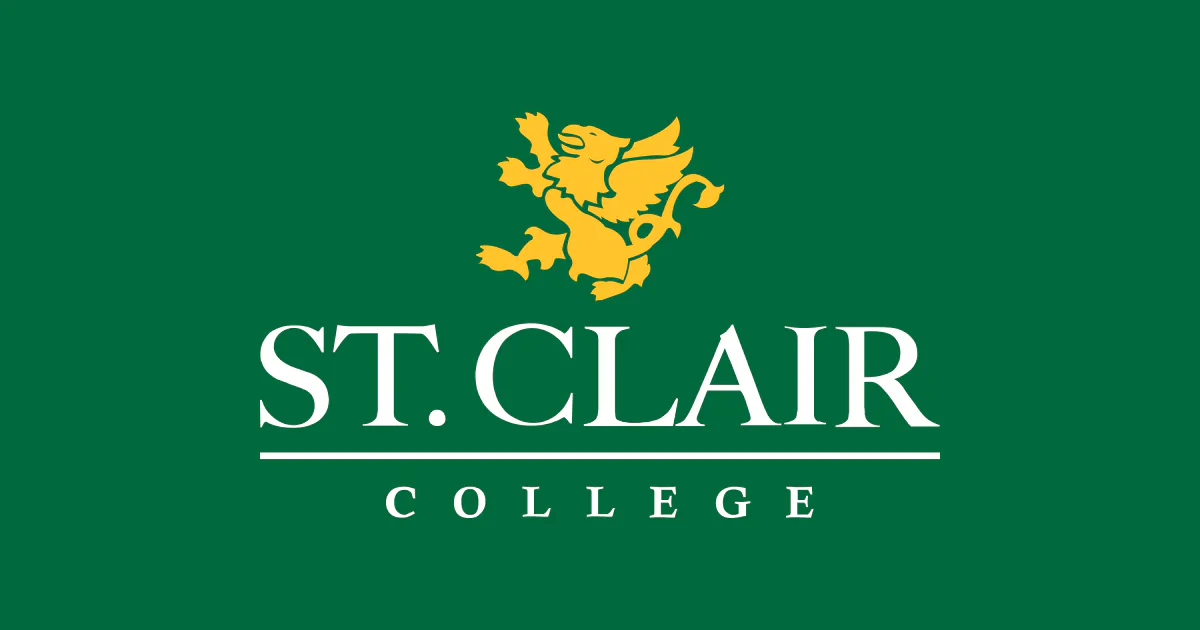How to Become a Plumber in Canada


From the water that comes out of the taps in our homes to the commercial and industrial sewage systems built for large infrastructure projects, licensed plumbers who know how to provide and maintain these kinds of services are always in high demand. And experienced plumbers can earn a good income for the work they do.
A plumber is a tradesperson who specializes in installing and maintaining systems used for drinking water, sewage, and drainage in plumbing systems. In addition to working in residential homes and condos, plumbers are employed in the maintenance departments of factories, plants and similar facilities, by plumbing contractors, or they may be self-employed.
Some of the duties that a plumber performs include installing, repairing and maintaining pipes, fixtures, and other equipment; welding, connecting, and leak testing; estimating; interpreting blueprints; supervising apprentices; and generally troubleshooting a range of problems for users of residential and commercial premises.
There were 44,200 people employed as plumbers in Canada in 2018. The median age of plumbers in Canada at that time was 37 years old with the average retirement age being 63. As job openings and job seekers are projected to be at the same levels over the next four years, the balance between those looking for a job and demand for this group of skilled workers is expected to continue due to increased demand for home construction and repair services.
Other factors contributing to growth in this trade include:
- Infrastructure investments in municipal piping systems, large scale transit projects, and educational and healthcare facilities
- A shift towards more water-efficient plumbing systems should create demand for plumbers to replace older equipment with new integrated fixtures
- Projects to improve access to clean drinking water on First Nation reserves could lead to demand for plumbers in Northern Ontario
If you are looking to get into the plumbing profession, this Career Guide will outline some of the training and career options for plumbers in Canada, and everything you need to know to find the right career path to match your personal and professional interests in this in-demand profession.
Frequently asked questions
How much can I make as a plumber in Canada?
According to the federal government’s Job Bank site, plumbers can earn between $18/hour and $42/hour in Canada. With experience and certification, the average hourly wage in Canada for plumbers right now is $32.69/hour going up to $58/hour, according to Indeed. The average salary is about $62,400 to $86,010 per year. Plumbers who belong to a union will see higher salaries of about $70,000 per year or more once they have gained experience.
What are the job prospects for plumbers in Canada?
As job openings and job seekers are projected to be at the same level over the next four years, the demand for plumbers to serve residential housing construction and repair services is good.
Where is the greatest demand for plumbers in Canada?
The greatest demand for plumbers in Canada is in the construction industry, while the geographic areas with the most demand include most of Ontario and Nova Scotia.
How long does it take to become a plumber in Canada?
To become a plumber in Canada, completion of secondary school is usually required followed by successful completion of a four- to five-year apprenticeship program or a combination of more than five years of work experience in the trade and some high school, college or industry courses in plumbing to be eligible for trade certification.













